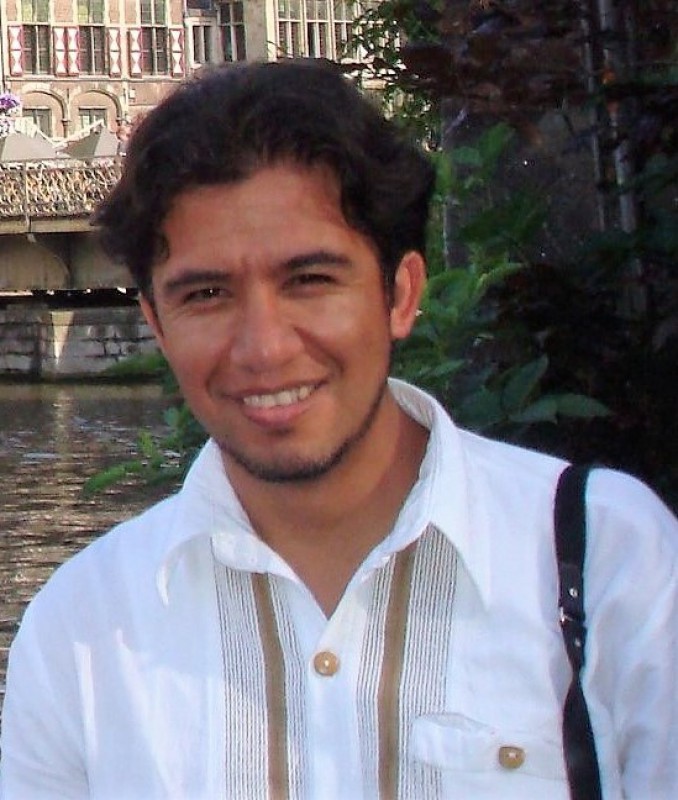KLI Colloquia are invited research talks of about an hour followed by 30 min discussion. The talks are held in English, open to the public, and offered in hybrid format.
Join via Zoom:
https://us02web.zoom.us/j/5881861923?omn=85945744831
Meeting ID: 588 186 1923
Spring-Summer 2026 KLI Colloquium Series
12 March 2026 (Thurs) 3-4:30 PM CET
What Is Biological Modality, and What Has It Got to Do With Psychology?
Carrie Figdor (University of Iowa)
26 March 2026 (Thurs) 3-4:30 PM CET
The Science of an Evolutionary Transition in Humans
Tim Waring (University of Maine)
9 April 2026 (Thurs) 3-4:30 PM CET
Hierarchies and Power in Primatology and Their Populist Appropriation
Rebekka Hufendiek (Ulm University)
16 April 2026 (Thurs) 3-4:30 PM CET
A Metaphysics for Dialectical Biology
Denis Walsh (University of Toronto)
30 April 2026 (Thurs) 3-4:30 PM CET
What's in a Trait? Reconceptualizing Neurodevelopmental Timing by Seizing Insights From Philosophy
Isabella Sarto-Jackson (KLI)
7 May 2026 (Thurs) 3-4:30 PM CET
The Evolutionary Trajectory of Human Hippocampal-Cortical Interactions
Daniel Reznik (Max Planck Society)
21 May 2026 (Thurs) 3-4:30 PM CET
Why Directionality Emerged in Multicellular Differentiation
Somya Mani (KLI)
28 May 2026 (Thurs) 3-4:30 PM CET
The Interplay of Tissue Mechanics and Gene Regulatory Networks in the Evolution of Morphogenesis
James DiFrisco (Francis Crick Institute)
11 June 2026 (Thurs) 3-4:30 PM CET
Brave Genomes: Genome Plasticity in the Face of Environmental Challenge
Silvia Bulgheresi (University of Vienna)
25 June 2026 (Thurs) 3-4:30 PM CET
Anne LeMaitre (KLI)
KLI Colloquia 2014 – 2026
Event Details

Topic description / abstract:
In the last two decades there has been a renewed interest in discussing the origins of music. Some argue that music should be conceived as a naturally selected adaptation and assume that, during the Upper Paleolithic, music emerged to solve specific survival problems. Contrastingly, others claim that the emergence of music was evolutionarily irrelevant. In my talk, after a brief review of this debate, I will bridge empirical and theoretical connections between a considerable range of disciplines to propose an integrated theoretical and dynamic narrative about the origins of our musical capacities. Accordingly, I will argue that certain cognitive capacities required to make music may have been cultivated as part of interdependent and intertwined bio-cultural processes that occurred over the evolution of our hominin lineage. Thus, I will claim that the co-construction and co-evolution of niches of abilities shaped by mechanisms of sound production, gradual refinement of motor control, rhythmic body motions, imitation, and spontaneous collective synchronization (among others), most likely enabled the consolidation of our basic musical capacities that may have evolved along with -and as a part of- our basic cognitive capacities of social interaction.
Biographical note:
Luis Alejandro Villanueva Hernández completed his B.A. in Philosophy at the Benemérita University of Puebla BUAP, followed by a M.A. in Ethnomusicology at the National Autonomous University of Mexico UNAM.
Currently, he is a PhD candidate in Philosophy of Science in the Institute for Philosophical Research at the National Autonomous University of Mexico, UNAM. From January to June 2016 he did a PhD stay research under the supervision of Professor Ian Cross in the Centre for Music and Science at the Faculty of Music of the University of Cambridge. In his PhD dissertation, supervised by Professor Sergio F. Martínez, he explores models of niche construction, material culture evolution, social interaction, cognitive ethnomusicology, cognitive archaeology and embodied music cognition (among others), to develop a framework that would allow the integration of different scientific findings going on different disciplines that may be relevant to explain the origins of musical cognitive capacities. He has recently received a KLI Writing-Up fellowship to complete his PhD thesis.
He is also an active musician and plays a wide range of traditional musical instruments from Mexico and South America. He has been, for many years, a member of a Mexican musical band called Tsasná (moonlight in Totonac language) with which he has recorded several albums and performed in many international music festivals in Mexico, Europe, South America and Asia.


